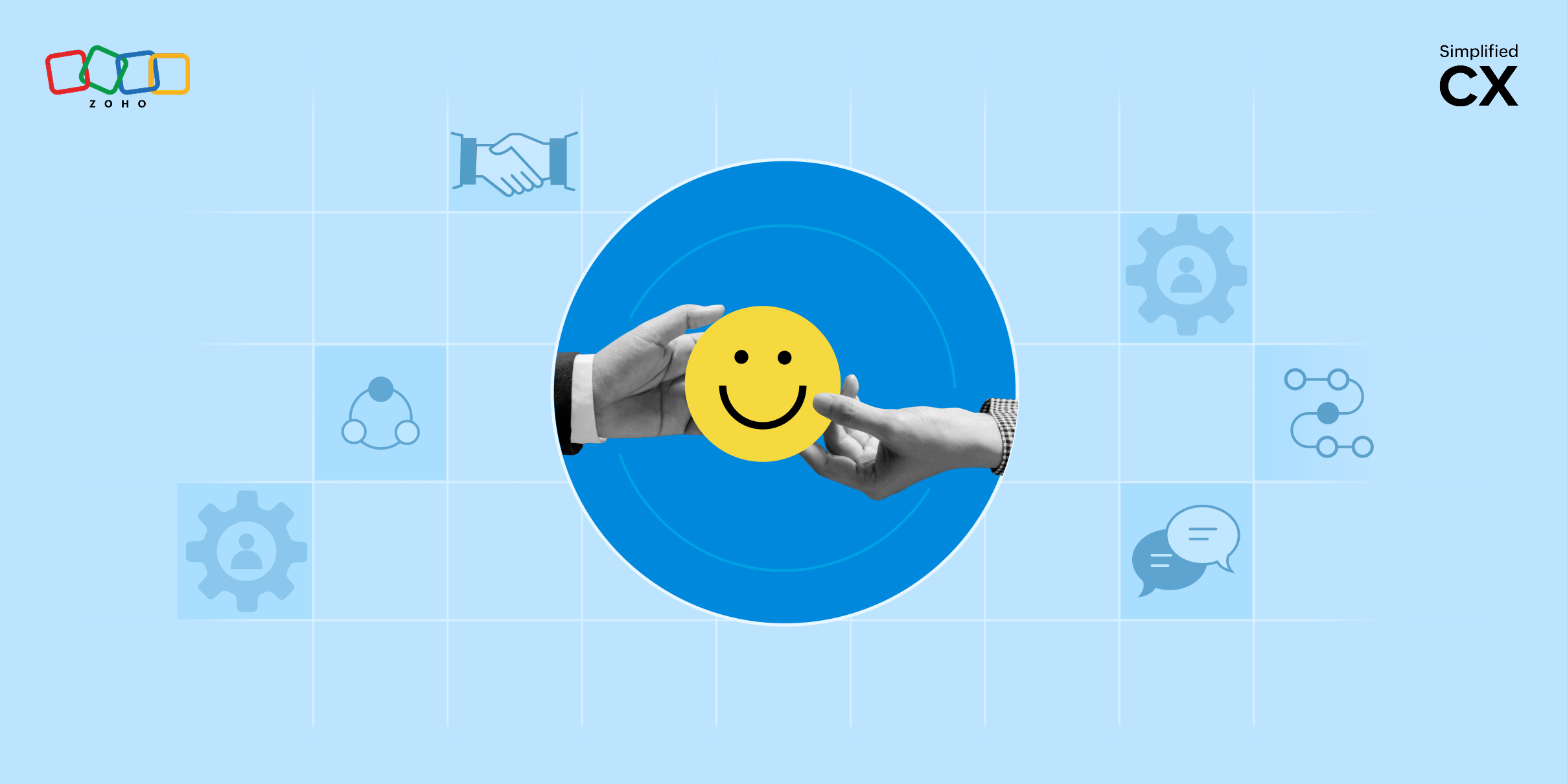The ABCDEFG of effective learning
- Last Updated : October 24, 2023
- 175 Views
- 5 Min Read
In our previous blog post, we touched upon the importance of upskilling in today's era of AI. We wrote, "Even when AI wasn't a threat, it was only employees who kept themselves updated about the advancements in their respective industries and continuously tried to innovate and improve who excelled in their jobs."
The only way you can keep yourself updated or try to innovate and improve is by always learning something new, whether it's a minor tidbit or a helpful skill. But how does one learn things such that the knowledge or skill sticks well and yields results? That's exactly what we'll be looking at in this article.
Admit ignorance
The first and most important rule of learning is that you must go in with an "I know something, but my knowledge is still limited" mindset. As clichéd as it might sound, the known is a drop, and the unknown is truly an ocean. It isn't possible or even expected of someone to know everything there is about a field or a topic. However, when it comes to the workplace, one is expected to try to learn and apply new things in their work. Therefore, it's vital to have that "there'll always be more to learn and explore" attitude in order to keep learning.
Similarly, never hesitate to ask questions, whether they're silly or major. It's better to get questions out and cleared instead of wondering what the answers could be. If you don't know, you don't know. There's no shame in admitting it. This might sound a bit too philosophical, but in a roundabout way, humility is the stepping stone to knowledge.
Be constantly curious
One factor that's been behind some of the best of inventions and the most path-breaking of discoveries is the curiosity of human beings. In fact, it wouldn't be an exaggeration to say that humans' innate curiosity is what gave birth to science. So be curious about things that matter in the workplace and those that matter the most generally. Why is a product designed in a particular way? Why is a certain framework used for development? What are the most common challenges that customers face in a particular area?
The questions are just endless! And the more questions you ask, the more knowledge you gain. So yes. Be constantly curious. Maybe curiosity kills the cat, but it's also what keeps humanity's progress alive.
Cultivate discipline
This next tip is most pertinent when it comes to learning a new skill. The importance of this tip becomes clearer when you look at the four stages of competence defined in psychology.

Image courtesy:TyIzaeL, CC BY-SA 4.0, via Wikimedia Commons
To get from Unconscious Incompetence—the state of not needing or knowing the value of a skill—to Unconscious Competence and becoming a master of a skill, it takes time, effort, and, most importantly, discipline. Of course, there's always going to be a prodigy who will be able to achieve it in a shorter span of time, but hey, exceptions can't be taken as examples, right? That's the reason you must cultivate discipline.
Create a daily routine. Fix a time slot and duration for practicing the skill, whether it's public speaking, learning a new programming language, or playing an instrument. Consistent, daily practice is the only proven way to achieve mastery in any skill. Through regular practice, conscious efforts in a skill turn into muscle memory and become second nature over time.
To go one step ahead, see if you can employ some form of gamification in the learning process so that the activity itself becomes more fun and something you look forward to doing. Having a learning partner is also a good idea!
Do things differently
If you're used to doing things a certain way, try changing it up once in a while to see if there's a difference. Obviously, this tip doesn't apply to critical processes that impact stakeholders, so please don't treat this as advice that can be applied everywhere. Take A/B testing for a website, for instance. A process or component like this is the right candidate for such experiments because it helps you learn something new while also not bringing things to a standstill if something goes wrong. Identify such processes and perform your experiments in them.
Doing old things in new ways could provide new lessons and help you come up with better techniques to save time and effort. By doing so, you gain a deeper understanding of how things truly work.
Educate others to learn more
The beauty of knowledge is that the more you share it, the bigger it grows. Firstly, the recipient of that knowledge obviously becomes more knowledgeable. Secondly, when the recipient processes it through the lens of her experience, she might come up with fresh perspectives that are eye-opening to the teacher. In such cases, knowledge-sharing becomes more of a knowledge exchange. So give more knowledge to receive more knowledge.
However, one key aspect here is that just like we mentioned in the first tip, we must share knowledge with humility. That level of openness makes others want to learn from you and also freely and openly share their own knowledge.
Find resources proactively
Back when the Internet didn't exist, most learning was confined to specific physical spaces like schools, universities, and libraries. The spread of the Internet today has made knowledge more accessible for everyone across the world, right from the comfort of their homes. All one needs is a device like a PC or a smartphone and a good Internet connection. The number of books you can read freely and the kind of peer-to-peer knowledge sharing platforms you can be part of today is just astounding. YouTube, Google, Quora and most social media platforms are great avenues for learning new things and talking to subject experts—and the best part is that they're all free to access.
If you have the means to pay and learn, platforms such as Udemy and Coursera are right there. And they provide a wide range of courses, from music to digital marketing to programming and even genetics!
In a nutshell, gone are the days when access to knowledge came with certain conditions and challenges. Gaining knowledge is much easier today, and the ones who start early and maintain consistency in this journey stand to reap more benefits.
Go as broad as you go deep
There are two types of learners: 1. Those who pick one area and fathom its depths, and 2. those who pick various areas and attain a reasonable level of expertise in all. In the workplace, you'll primarily be expected to be a Type 1 learner/executive. However, it can do you a lot of good if you try to be a Type 2 learner, especially if you work in a customer-facing role.
So take an interest in learning about what your colleagues in other functions/departments do. This will provide you with more insight into how internal processes affect the customer experience, as well as ideas for how your own function can be improved.
To sum up, acquiring new knowledge and applying it in one's work or life is the only way to be constantly improving and gaining confidence in one's own capabilities. We hope our article provided you with some useful guidelines on how to achieve it. Are there any other techniques or habits that you follow to be an effective learner? Feel free to share them in the comments.


